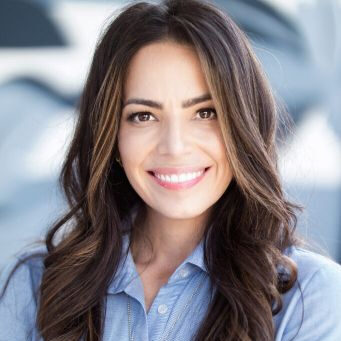 When you work with women in midlife and beyond, what are the biggest issues you see in your practice?
When you work with women in midlife and beyond, what are the biggest issues you see in your practice?
One of the biggest things I have seen with this age group is mothers who feel lost when their children grow older. They were very involved in their roles as mothers and wives, which is beautiful, but often they have lost themselves in the process.
What I mean by that is that they did not spend enough time during those years focusing on the things that bring them joy and passion, choosing instead to put their children’s or husband’s needs before their own. They have become self-less. This is a wonderful time for them to find themselves again, to rediscover a sense of purpose and find new joy in midlife and beyond.
Another issue is that if a woman is attached to her appearance, this can be hard as she gets older and experiences hormonal changes. This is when I see women step into their power the most and make major changes that allow them to be less of a pleaser and show up more in their authentic self. Sometimes anger can come up; helping them express it and take some ownership allows them to avoid falling into the pleaser role as much moving forward.
As you point out, many women have learned to prioritize others’ needs and put themselves last. How do you teach them to go from selfless to Self-Full™?
This is such a great question. Studies show that women tend to believe that it is their job in the relationship to make the other person happy. This is actually passed down to women in so many ways. Society, history, and cultural habits support this. Women are also maternal, a role in which they gain fulfillment as they give nurturing and love; however, women can love that role so much that it becomes their “feel good,” and they lose themselves in the role. Becoming Self-Full™ is a way of helping them learn that it’s okay to put their own needs first.
I used to say, “You have to learn to be more selfish.” That didn’t go over well with these women, and the truth is, I didn’t want them to be selfish. Selfish means no empathy, constantly thinking about themselves with little regard for others. I wanted them to learn how to be more aware of themselves, their needs, and their internal space as they made choices from a place of more consideration for themselves. I wanted to allow them to still be givers, but to learn to give to others after they have learned to give to themselves.
So it’s about finding a new balance. It comes down to helping clients change some belief systems, work on their fears, and set clear boundaries. Once they have done this work, they see that they can show up for themselves and for others — but now they make their choices from a healthier space, where they care for their own needs first and the needs of others second.
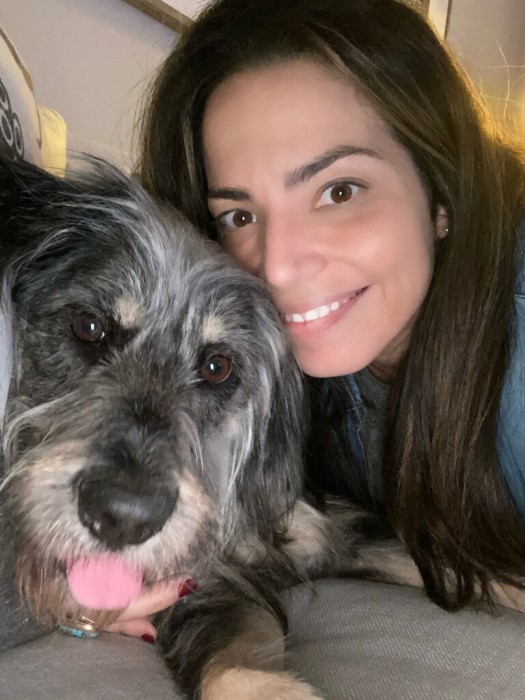
You also work with co-dependents. What is codependency, how do we recognize it in ourselves, and what is your approach to treatment?
I believe we are all a little codependent; there is some degree of this that is extremely healthy. Being so independent that you don’t need others is not really a healthy dynamic. Needing others is okay; relying on others is health; and knowing you can gives you a sense of safety and community in the world.
This becomes a problem when relationships get so out of balance that you become more aware of the other person’s needs than your own. Fear begins to drive behavior and you abandon yourself. It becomes easy to believe that what you need comes from outside yourself — that you are dependent on another person and they are dependent on you. Often you lose your center, running around scared and in fear because you need someone to such an extreme. If you don’t have security or stability, and you have no way of being Self-Full, you will always seek this from an external person, handing your power over and maybe even believing you could not survive without this person. This can be due to financial, emotional, or other reasons.
The first step is awareness. Sometimes people come in who are victims and the job is about moving them into a place where they see how this started. Often childhood trauma is an issue here, but I am not talking about big trauma that everyone thinks about. Even simple childhood beliefs and how patients were impacted by their childhood shapes some of this behavior, so I have to go back and help them see where these patterns and beliefs originated. It’s about empowering them with the knowledge that, from an early age, the incorrect roles and beliefs they absorbed or the fears they developed in this period led them down a path toward codependence
In extreme cases, trauma bonding is another way to approach codependency. We tend to attract people who can recreate our trauma. I believe the fear is projected and we can recreate the trauma with another person and vice versa. Often people are unaware, but even if they are aware, they struggle to understand how to get out of a triggering cycle of trauma bonding. If you don’t heal the trauma inside, there is a good chance you are trying to heal it in your relationship; unfortunately, what happens is you end up recreating it with no tools to heal it. Thus, the relationship feels familiar and the comfort of an old wound causes you to stay longer.
Can you give us an example of a woman you’ve successfully helped “heal from the inside out”?
Sure! I love it when I see my clients heal from the inside out. I have helped so many, but one client comes to mind. She started to do work with me and had little awareness of her internal world. She was being driven a lot by what she thought she should do and a critical voice inside that — when we explored it — actually came from her aunt. She lacked joy and passion because she had shut down her little girl completely and started to operate in the world from her head up. She had completely shut down energy centers and parts of herself. She reported feeling numb at times and started to build some resentments.
Once I could help her see her internal world and create awareness of it, we had to challenge it. I remember her well because spiritually, she was scared to challenge her critical voice. She felt if she didn’t have that, she would be “free falling.” To top it all off, she believed all her worth came from what she did for others, so she was feeding her ego from that place. This pattern started early in her life and it was how she got her attention as a little girl. We worked on empowering her to tell parts of herself that she had nothing to do to prove her worth. We went back to particular times in her life and changed the experience by allowing a healthier voice to correct what she learned.
With brave steps, she began to challenge and change her inner world. I saw her voice come out more and she started to speak up. It actually caused some conflict in her marriage. I had her husband come in for some couples work and, lucky for her, as soon as he built empathy and understanding for the work, he was actually able to start supporting her. Her marriage improved and her husband reported feeling even more attracted to her as she started to get stronger. This is not always the case, but as he gained insight, he was able to help support her healing.
She did more for herself and really found herself again as she started to feel more connection between her body and her heart space, and all kinds of wonderful sensual energy came up. It was nice to see her come so alive. I say she found herself again but really she was there all along; we just had to clear away the beliefs and blocks so she could come through.
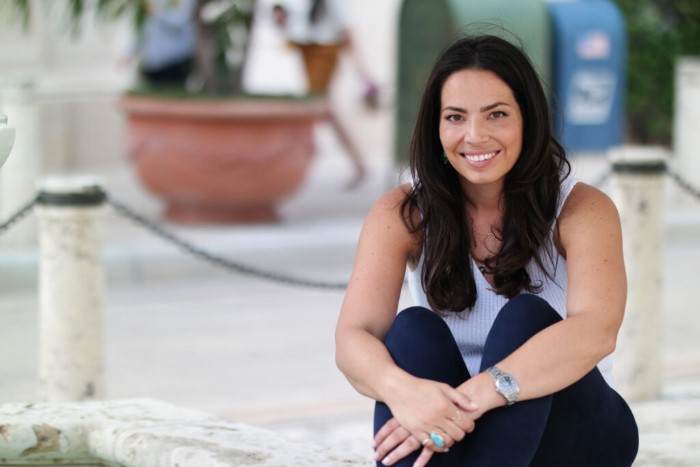
What is your best advice to women 40+ struggling with putting themselves first?
First, develop awareness by starting to notice the beliefs, fears, and stories you tell yourself. When and if you do put yourself first, often guilt comes through. It’s important to work on giving yourself permission to challenge your guilt. Explore more and don’t be afraid to make mistakes. Putting yourself first can be hard; maybe you don’t want to focus on yourself because focusing on yourself might bring up the parts of yourself you don’t like. So work through that, and keep working towards unconditional acceptance.
Seeking support from a therapist could also really help. Women can avoid this work because it can feel easier to think about what others need first. It takes effort to intentionally break the denial around that and look at what the secondary gain is in putting others’ needs first. When you’re so other-focused, you leave your body, which can be a way to escape hard internal work. But don’t be so hard on yourself; shifting back into yourself is hard work, and chances are you picked up this way of being as a form of survival.
What resources do you recommend for women 40+ who are struggling with putting themselves first?
Well, there are some classic ones I love.
Facing Codependence: What It Is, Where It Comes from, How It Sabotages Our Livesby Pia Mellody — this was actually the first self-help book I ever personally read. It explains childhood trauma in a way that helps you understand what that really means.
Codependent No More: How to Stop Controlling Others and Start Caring for Yourselfby Melody Beattie — I find Melody Beattie to be a little more “God-centered” so it’s a good fit for those who relate to that, and not a great fit for others who don’t connect in that way.
These two authors are like the classic authors to start the whole movement.
I love The Mastery of Love: A Practical Guide to the Art of Relationship by Miguel Ruiz. He is most famous for his book on The Four Agreements: A Practical Guide to Personal Freedom
, but this book is amazing. I love the chapter on the magical kitchen; it really explains this concept of codependency in a creative way.
The Self-Love Experiment: Fifteen Principles for Becoming More Kind, Compassionate, and Accepting of Yourself by Shannon Kaiser is a new book that is more about the here and now. I love her work; all her books are great, even her new book Joy Seeker: Let Go of What’s Holding You Back So You Can Live the Life You Were Made For
. While it doesn’t talk about codependency, it helps you step into your joy and challenges your belief systems in a beautiful way.
When it comes to podcasts, look for one that is hosted by a strong woman, rather than one specifically on codependency. Practice You by Elena Brower is a great one.
Connect with Jessica Baum:
Contact forms:
https://www.jessicabaumlmhc.com/contact
https://www.relationshipspb.com/contact
Websites:
https://www.jessicabaumlmhc.com/
https://www.relationshipspb.com/
Social Media:
https://www.facebook.com/palmbeachtherapy/
https://www.instagram.com/jessicabaumlmhc/
Jessica Baum, LMHC is the founder of Relationship Institute of Palm Beach and creator of the Self-Full™ method — a therapeutic path to personal wellness and freedom from codependence. Jessica holds an undergraduate degree from Fordham University and a master’s degree in mental health counseling from South University.
As a certified addiction specialist, her focuses are chemical abuse, codependency, and anxiety. She is also a certified Imago Therapist, bringing her compassionate and effective relationship counseling experience to families, couples, and family programs within addiction treatment centers. Jessica has extensive training in psychodrama and experiential therapy, and is additionally skilled in cognitive and dialectical behavior therapy. Her training also includes EMDR and Post Induction Therapy, and she has a wealth of experience supporting trauma patients.
Jessica’s own personal core belief is centered around the importance of connection, both to oneself and the outside world. She believes the crux of most personal struggles can be attributed to a lack of true understanding and personal connection, and that it is this sense of disconnection that ultimately leads to pain. Jessica founded the Relationship Institute of Palm Beach to help heal, foster happiness, and restore hope in the individuals and families she works with. Learn more at www.RelationshipsPB.com and www.JessicaBaumLMHC.com.
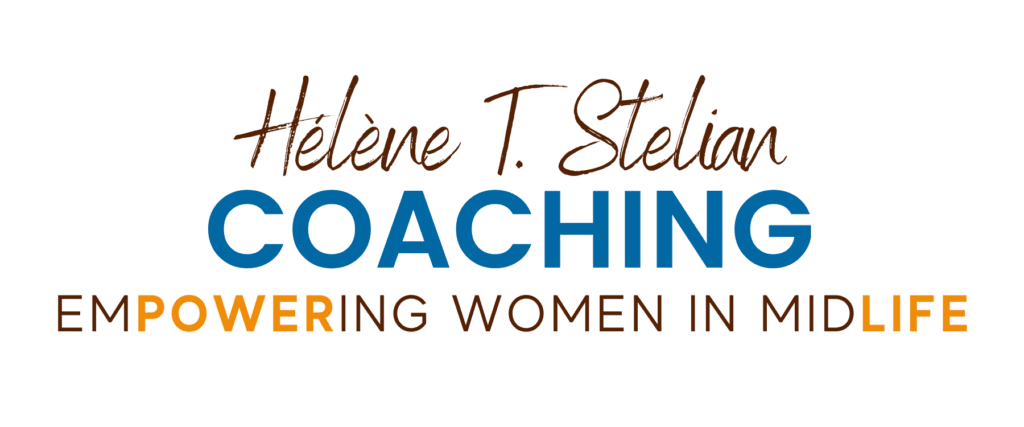
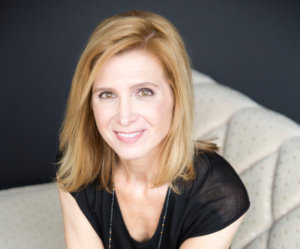
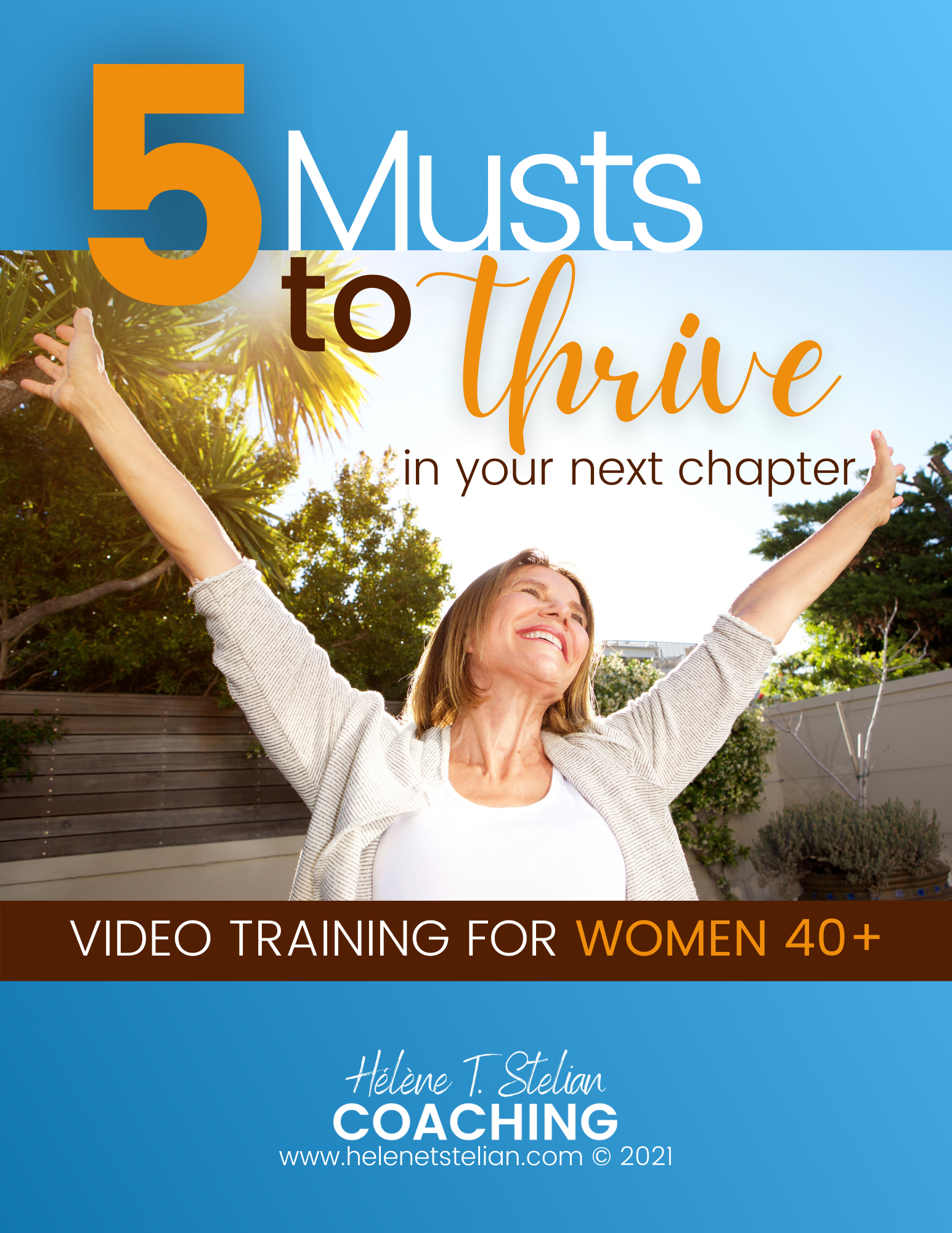



0 Comments